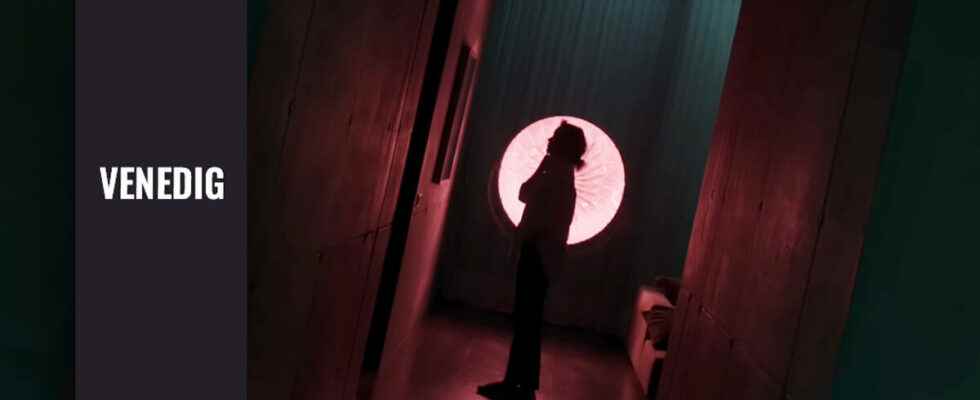In recent years, the Venice Film Festival has become Netflix’s front yard. The streaming service launched the Roma and Marriage Story Oscar campaigns in the lagoon city, and this year the red N on a black background is omnipresent on the Lido, the beach island where the festival is held.
I praise a film that forces a big screen. Not with visual effects, they’re nothing special anymore. But with Cate Blanchett and dark cello storms. Tár is the kind of film best exposed to in a dark room – one that should fall on you unfiltered like the rain on the queue for the ferry to the Lido. But I digress…
Little Children director Todd Field returns with Tár after 16 years
With Tár, director Todd Field is presenting a feature film for the first time since Little Children in 2006. After that acclaimed suburban nightmare with Kate Winslet and Jennifer Connelly, Field was involved in various projects, all of which fizzled out. A 20-hour Jonathan Franzen adaptation for Showtime, a film adaptation of Cormac McCarthy’s western feat Blood Meridian, fell by the wayside. This way too long, paved by broken dreams, now leads to Tár. Finally.
©Universal
Cate Blanchett in TAR
The heroine Lydia Tár (Cate Blanchett) has left ordinary single-family houses, as they appear in Field’s previous films Little Children and In the Bedroom, behind. She lives in an unbearably modern concrete block with her partner (Nina Hoss, the film’s emotional resonance box). The fictional conductor and composer Tár worked her way up to Olympus of classical music, a male-dominated field. She is the first woman to conduct a symphony orchestra in Germany. She is courted as “Maestro” and has, all in all, had an enormously successful “fire“. Tár is a star. Little stands in her way to legendary status and a Wikipedia entry that is far too long. Everything is fine.
The star existence in the social media age is illuminated in the competition entry from Venice as well as the abuse of power, which is made possible by such a position. Because Lydia Tár is haunted by earlier decisions that could have ruined the career and life of a colleague. Exactly what the brilliant musician did remains unclear for a long time.
Guilt of whatever kind forces its way into the artist’s life in the form of scraps of images and sounds, throwing her out of rhythm. Screams without origin echo through a Berlin park. Labyrinthine drawings suddenly lie in Lydia’s villa. A young woman’s shock of red hair steals into her dreams. The musician, who is always pushing forward, upwards, into the future, is caught up by her past.
Cate Blanchett shines in a musical tour de force
The great Cate Blanchett plays Tár, a woman who over the years has tailored everything she needs to survive in a male-dominated field: suits, shirts, demeanor and the courage to the inner asshole to release.
It’s extremely entertaining, but also a bit dangerous, watching Blanchett throw slashes of dialogue. Sometimes she teases amusingly, then again she verbally guts her counterpart. It doesn’t matter whether a colleague of the same rank is suffering or a student. That should be a warning sign early on, but you might still be sitting there in the film, transfixed by Blanchett’s magnetic performance. Tár is a genius, one might think. People like that can do that.
©Universal
TAR
That’s part of the allure of Blanchett’s performance. She captivates you with her sovereign radiance, just as Tár ensnares an audience at the beginning of an interview. She is cool but not cold, controlled but not controlling. You follow the artist on her search for perfection from rehearsal to rehearsal in a film that almost documentary absorbs the rules of this parallel music world. Only you can swath of desolation, which Tár leaves behind, at a certain point no longer shove into dreams and riddles and into the past. She grows and grows in the 158-minute psycho trip, giving Blanchett ample opportunity to push her acting limits.
Todd Field shot a portrait of a woman that is almost as intimidatingly confident as its heroine. She may have abused her position. She may deserve punishment, but she will certainly pour her life into music. Because not to do that would mean giving up the protective shield of art, which protects them from seeing the collateral damage of their actions. And how Blanchett keeps hiding behind the music until you can hardly see the rest of the world – that has to be seen.
